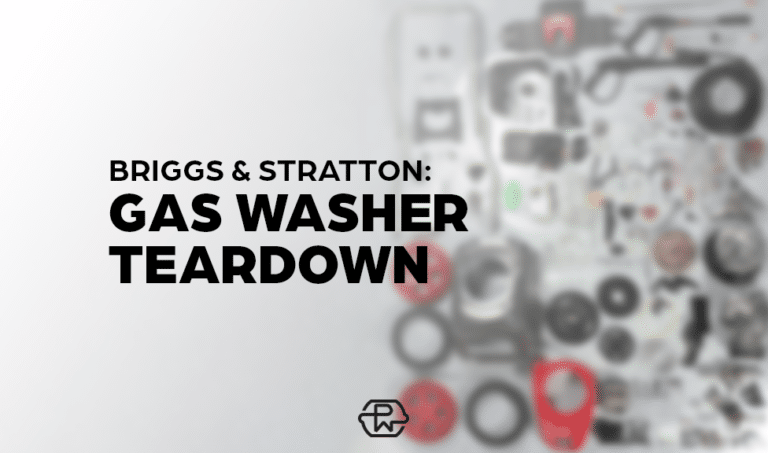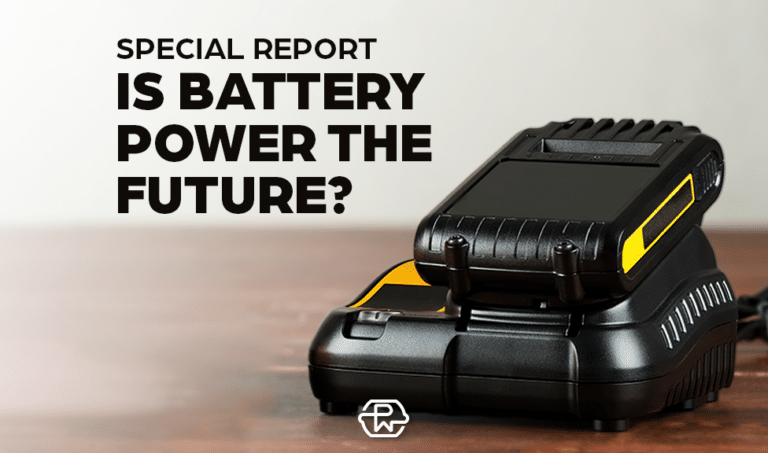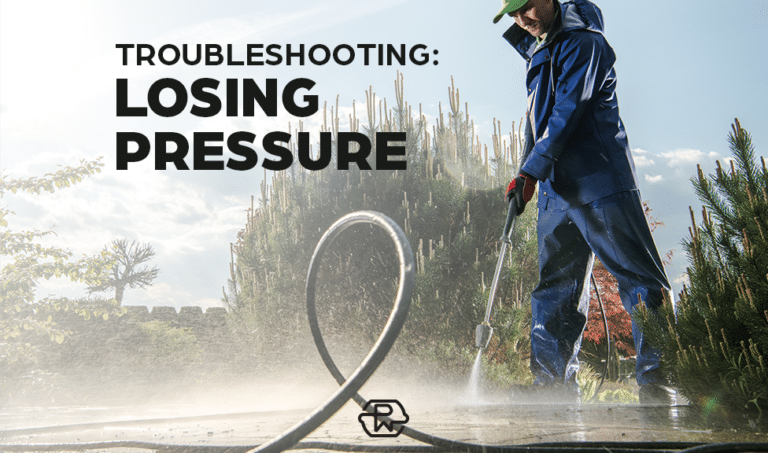Why I Think These Simpson CRX Engines Can Compete With Honda
As someone who has used small engines in various tools and equipment for over 20 years, I’ve seen first-hand how Honda established itself as the premier name in reliability. Their engines have powered my generators, pressure washers, lawnmowers, and more during that time. However, recent supply chain issues have led me to give some up-and-coming domestic engine manufacturers a try – and so far, I’m impressed.
Honda Engines – The Gold Standard for Reliability
For as long as I can remember, Honda engines have been revered for their quality manufacturing, rigorous testing, cutting-edge technology, and precision assembly. They spared no expense in product development and clearly paid close attention to every minute detail. This built them a sterling reputation for smooth, efficient, and reliable performance over decades of real-world use.
While Honda does produce some engines here in the US, they also manufacture overseas in several Asian countries and Europe to meet global demand. This helped make Honda engines affordable and accessible over the years. However, it also exposes them to more vulnerabilities in the supply chain – as we’ve clearly seen during recent COVID-related disruptions.
The Rise of New American-Made Engine Alternatives
With Honda engines facing shortages and price hikes lately, manufacturers that relied on them in the past have started producing their own engines to control costs and availability. One company leading this charge is F&A Group, creators of the Simpson brand of pressure washers.
After exclusively using Honda engines in their pressure washers for over 20 years, F&A Group recently launched an American-made line called CRX. Offered in various sizes from 163cc up to 420cc, CRX aims to provide the same level of performance and reliability – but without outsourcing production overseas.
As an avid user of pressure washers for household projects, I was eager to put these new CRX engines to the test…
My Hands-On Review of CRX Engines
While it’s too soon to say if CRX engines will match Honda’s long-term durability, my early testing indicates they can certainly go toe-to-toe on quality. Right out of the box I could see thoughtful design elements like dual-filters air intakes, metal fuel tanks, and forged crankshafts – similar to Honda’s proven configurations.
Firing up my Simpson pressure washer with a CRX engine, it started effortlessly and ran smooth and quiet. Power delivery felt comparable to the Honda-powered model I’d been using prior. The aluminum block and cast iron cylinder liner also give it a sturdy, reinforced feel.
Using it to clean my wood deck, driveway, and vinyl siding this past month, the CRX engine showed no signs of strain even after hours of continuous use. No leaks either despite some pretty heavy-duty grime removal.
While the true test will come after a year or two of regular use, so far it’s performing on par with my old Honda-powered unit. And at around 15% cost savings, I’m sold on giving these CRX engines a chance in the long run.
The Bottom Line
It remains to be seen whether emerging domestic engine brands like CRX can match Honda’s unrivaled reputation through decades on the market. But as supply uncertainty around overseas manufacturing continues, capable US-based alternatives are worth consideration – they could save money without sacrificing too much reliability.
Based on my early testing, I feel comfortable recommending equipment with newer American-made engines like CRX. While Honda still holds the crown for now, a little healthy competition could be just what we need to keep innovation moving forward. Stay tuned for updates after more extended real-world use!
Read our Review of the CRX-Powered SIMPSON CM61083 Clean Machine
We tested the CRX engine in our SIMPSON CM618083 Clean Machine Review. Read more about how it performed and our thoughts on the durability and reliability compared to Honda engines.







